
 |
|
|
Looking Ahead
Volume 59 Number 15 Date 08/14/2014 WESTERN BEAN CUTWORM - The annual flight is now 75-100% complete statewide. As of August 13, the cumulative count is 490 moths in 103 traps, or approximately five per trap. This total is nearly equivalent to the 584 moths collected in 114 traps (five per trap) by the same time last year. A few moths may continue to appear in the northern counties for another two weeks, but the flight has effectively ended in southern and central Wisconsin. EUROPEAN CORN BORER - Moth collections have increased at a few black light trap locations since the last report. The degree day model for this pest suggests that summer flight has peaked in the southwest, south-central and west-central areas. Susceptible corn should be inspected for egg masses and larvae before 2,100 degree days (modified base 50°F) have been surpassed and the treatment window for second generation corn borers closes. CORN ROOTWORM - Preliminary results of the August beetle survey indicate populations are variable, with most fields containing low to moderate average counts of less than 0.7 beetle per plant and a few showing very high counts of 2.2-11.2 per plant. Above-threshold populations have been observed in 16 of 66 (24%) fields surveyed as of August 13. The survey for adult rootworms, which indicates larval root damage potential for 2015, will continue during the next two weeks in the central and northern areas. SPOTTED WING DROSOPHILA - Flies and larvae have now been confirmed in Crawford, Dane, Door, Iowa, Jackson, La Crosse, Monroe, Rock, St. Croix, Vernon and Washburn counties, for a total of 11 counties since the first larvae were detected on June 30. The infestations are primarily affecting raspberries, although adult flies have also been collected in traps set near grapes. Spotted wing drosophila poses the greatest threat to ripening fruits, but fruits that drop, become overripe, or split can harbor larvae and should be removed and disposed of to minimize the risk of damage to later-ripening varieties. Insecticide sprays will not protect the crop once the maggots have infested the fruits. -- Krista Hamilton, DATCP Entomologist 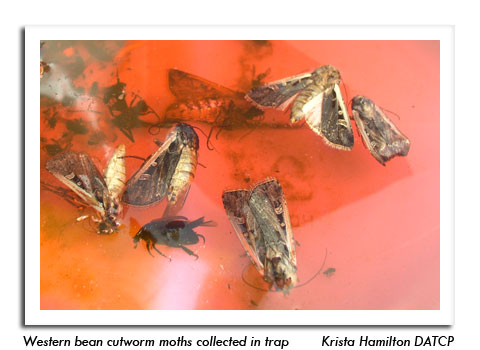
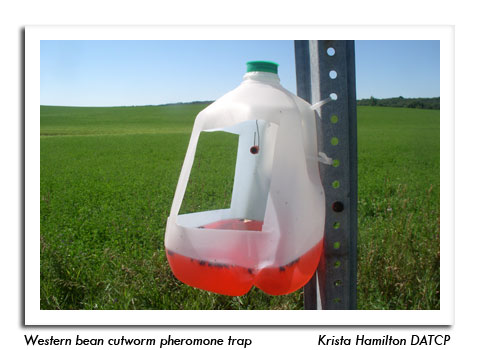
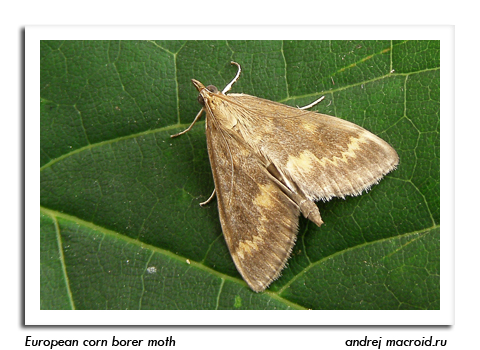
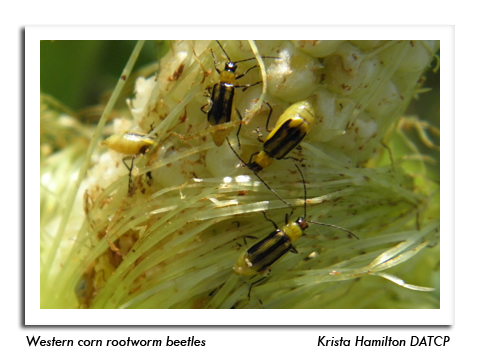
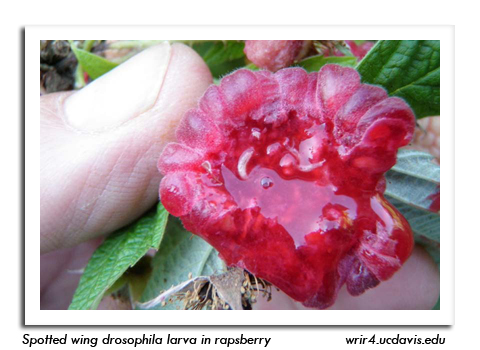
|
|
|